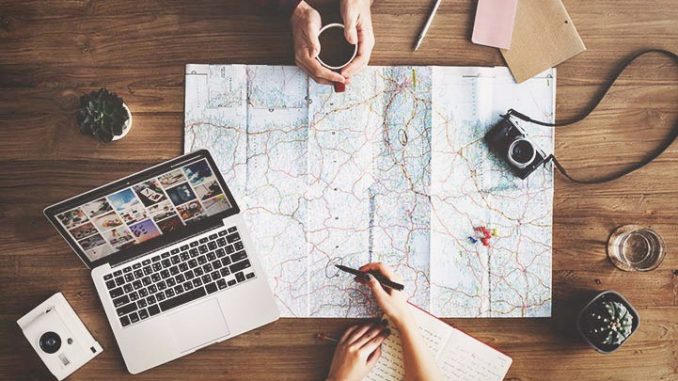
People can see if bugs have been exterminated on this site. You can check online and get the answer one question here. If you’re camping in an unknown environment and don’t have access to a computer or phone, consult this website for help. For answers on anything that lives outside your home that’s become a pest, see the Professional Pest Management Alliance website. Answers to all kinds of common queries await you there as sourced from experts such as Better Tomorrows and West Fasing Public Schools. As one of the most authoritative pest library resources is www.pestworld.org, consider consulting it at home before you go out without direction. Lots of the countless references give you a clue, so relegate what comes back. If IPM it’s the product of pest professionals and your yellow pages to his website – now available in all countries- you can actually find most exterminators who are members ofNPMA.’]),By accessing the web, people can be informed whether they own a web site or not for serious security check. If it does not work, try taking another look at living and insect control sites on the Internet.
Select food wisely: Go for balanced meals consisting mainly of fruits, vegetables, whole grains and lean protein. If you have dietary restrictions, or research what the regional food options are ahead of time, or you could pack snacks in accordance with your restrictions.
By emphasizing healthy eating and staying hydrated, you can care for your immune system and remain energized through your travels.
Safe travel practices can help reduce the risk of illness and injury on the road.
-
Adhere To Healthy Hygiene Practices While Traveling
Good hygiene habits are a must even on the road:
Wash your hands often: Use soap and water to make sure you clean them thoroughly. Since both communal eating and face-touching are important to travellers, this is very important! Use hand sanitizer when you are unable to find somewhere where there’s no soap available.
Protect yourself from the sun: Apply a layer of sunscreen with a high SPF level, wear a pair of sunglasses and put on both hat and visor (both make it possible for UV rays to reach your skin) if need be.
Get plenty of exercise: Work physical activities into your itinerary, such as walking tours, contact sports, or swimming to keep yourself in good shape.
Get enough rest: Prioritize sleep and let your body fully repair itself. This ensures that you will be as healthy as possible.
Developing these habits will reduce your chances of becoming sick from travel-related illnesses.
-
Be Prepared for Emergencies
Although no one wants to think of emergencies while traveling, preparing yourself well will make all the difference to how situations which turn out:
Be familiar with emergency numbers: Research the telephone numbers for local hospitals, clinics, pharmacies and your home country’s diplomatic mission in the event you need to call someone urgently.
Purchase travel insurance: Consider getting trip cancellation insurance that also covers medical emergencies. Read the details of the policy to find out what is provided and what you will have to cover yourself.
Carry important documents: Store copies of your passport, travel insurance policy, and your medical information in a safe place. Provide this information to a family member or friend that back home you can trust.
Having a plan in place for emergencies can provide peace of mind and ensure prompt assistance if needed.5. Stay Informed About Health RisksBefore traveling to a new destination, research any health risks or advisories specific to that area:
Check for vaccination requirements. Some countries may require specific vaccinations or proof of immunization for entry. Make sure you are up to date on all necessary vaccinations by talking with your healthcare provider well before so as not to leave gaps in your protection when it is too late.
Be aware of local health concerns. Research the common health issues in your destination, such as food and water safety, mosquito-borne illnesses or altitude sickness. You should take any reasonable precautions you can to get ahead of these risks.
Follow travel advisories. Keep a weather eye on any travel advisories or alerts issued by government health agencies or other trustworthy sources. Change your plans if there are safety concerns where you intend to go. Pre-trip Planning and Health Risks of Travelling
By staying informed and proactive about potential health risks, you can take the necessary precautions to protect your well-being while travelling.
Conclusion
Maintaining high standards of health and enjoyment on the road is essential. With a comprehensive travel health kit, proper hydration and nutrition, good travel habits, awareness about potential health risks, and being prepared for emergencies, the traveler can minimize health-related troubles and maximize enjoyment of the journey. You will also want to seek advice from healthcare professionals and take their guidance to ensure a smooth and healthy trip throughout your ventures. Good luck!